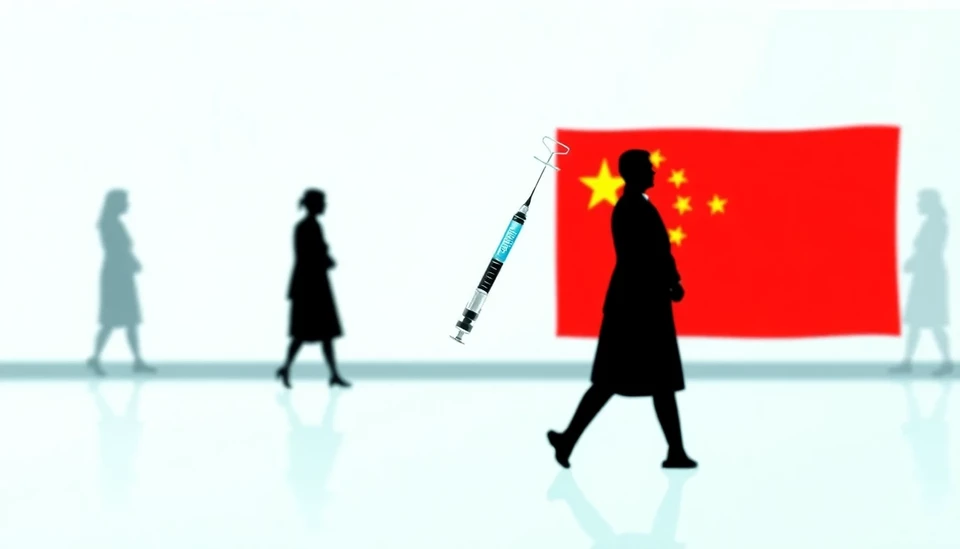
In a significant development within the pharmaceutical industry, the increasing availability of affordable Chinese human papillomavirus (HPV) vaccines is casting a shadow over Merck's Gardasil, which has long been considered the gold standard in HPV prevention. The recent entry of these lower-cost alternatives into the market is driving a seismic shift, turning what was once a booming sales trend for Gardasil into a concerning downturn.
Merck's Gardasil, the first HPV vaccine to receive FDA approval in 2006, has been a leader in cervical cancer prevention, effectively safeguarding millions of individuals worldwide. As a result, the company has reaped substantial profits from its vaccine portfolio. However, recent reports indicate a worrying decline in sales due to the competition posed by Chinese manufacturers.
The Chinese vaccines, priced significantly lower than Gardasil, offer an affordable alternative that is becoming increasingly appealing to both governments and consumers. The price difference is striking, with Chinese vaccines often costing less than half of what the U.S.-based Gardasil retails for, making them a formidable competitor in both domestic and international markets.
The pricing strategy of these vaccines can be attributed to various factors, including lower production costs and government-backed initiatives aimed at increasing vaccination rates among its population. As a result, countries that previously relied on Merck's products are now reevaluating their vaccination programs, with many looking toward domestically produced vaccines as a more sustainable option.
Market analysts are beginning to warn investors about the long-term ramifications for Merck if the trend continues. The loss of market share could not only impact revenue but could also impede ongoing research and development for new vaccines and treatments. Merck's stock has experienced volatility, reflecting investors' anxiety over these latest developments in the HPV vaccine landscape.
In the face of this evolving situation, Merck has vowed to launch a comprehensive response to the competition. The pharmaceutical giant is expected to overhaul its pricing, marketing, and distribution strategies while accentuating the unique attributes of Gardasil. These include extensive clinical trials and the vaccine’s proven efficacy in preventing various HPV-related cancers.
Regulatory scrutiny is also playing a role, as Merck and other stakeholders are advocating for rigorous safety standards for vaccines. With growing concern over counterfeit vaccines entering the market, especially as demand for affordable options increases, safety has become a priority for both consumers and health authorities.
Experts emphasize the importance of balancing affordability with safety in the vaccination space. While lower costs can boost vaccination rates, they also highlight the trade-off when it comes to product integrity and track records. The challenge for companies like Merck is to ensure that their products remain competitive without compromising on the high standards that consumers have come to expect.
This ongoing saga presents a classic struggle between innovation, affordability, and public health priorities. As the situation develops, it will be crucial for Merck and its counterparts to navigate the complexities of the global vaccine market, all while ensuring that populations continue to receive the protection they need against HPV-related diseases.
With the potential for further disruption in the healthcare industry, stakeholders are watching closely. The outcome will undoubtedly shape not only the future of HPV vaccines but also set precedents for how pharmaceutical companies operate in an increasingly competitive and price-sensitive environment.
As the industry evolves, only time will tell how this battle for the HPV vaccine market unfolds, and whether Merck can reclaim its position at the forefront of cervical cancer prevention amidst rising competition.
#HPVVaccines #Merck #Gardasil #ChineseVaccines #PharmaceuticalNews #CervicalCancer #PublicHealth #HealthcareCompetition
Author: John Harris




